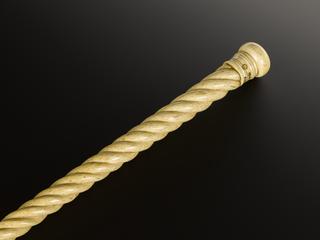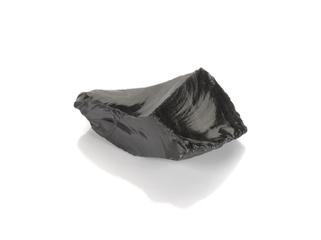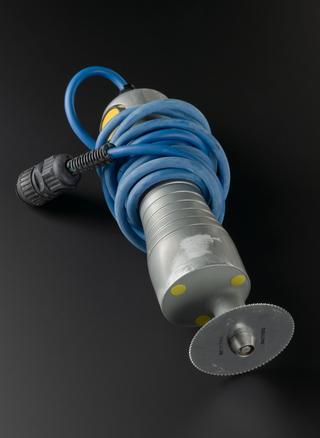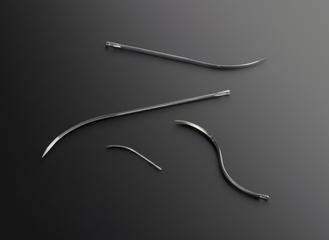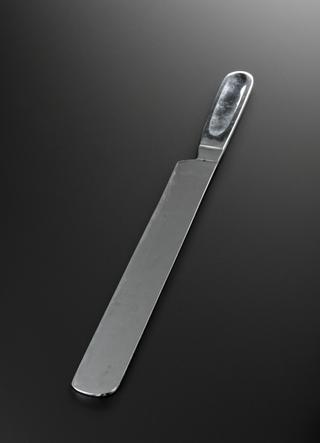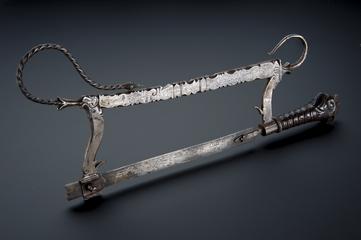
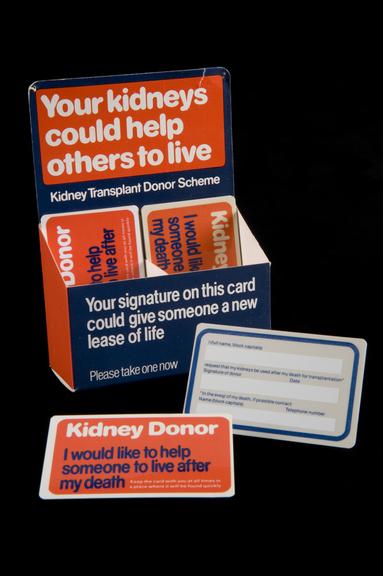
Kidney donor cards with holder for display, England, 1971-1981
Organ transplants are the best treatment for those with organ failure. Kidney donor cards, like this one, were introduced in the United Kingdom in 1971. There was and still is a shortage of donor organs and supplying the demand relies upon voluntary donations. The cards were made to be carried by donors as evidence that they were willing to donate their kidneys should they, for example, be killed in an accident.
In 1981, the kidney donor cards were changed to include other organs such as the heart, liver, cornea and pancreas. The wishes of the 15.1 million donors in the United Kingdom are recorded on the National Health Service (NHS) Organ Donor Register, set up in 1994. There have long been calls to increase the numbers of potential donors by introducing an ‘opt-out’ scheme to replace the ‘opt-in’ system that exists at the moment.
Details
- Category:
- Surgery
- Object Number:
- 2010-90
- Materials:
- cardboard and plastic (unidentified)
- Measurements:
-
overall: 156 mm x 112 mm x 45 mm, .035kg
- type:
- donor card
- credit:
- Unknown source
